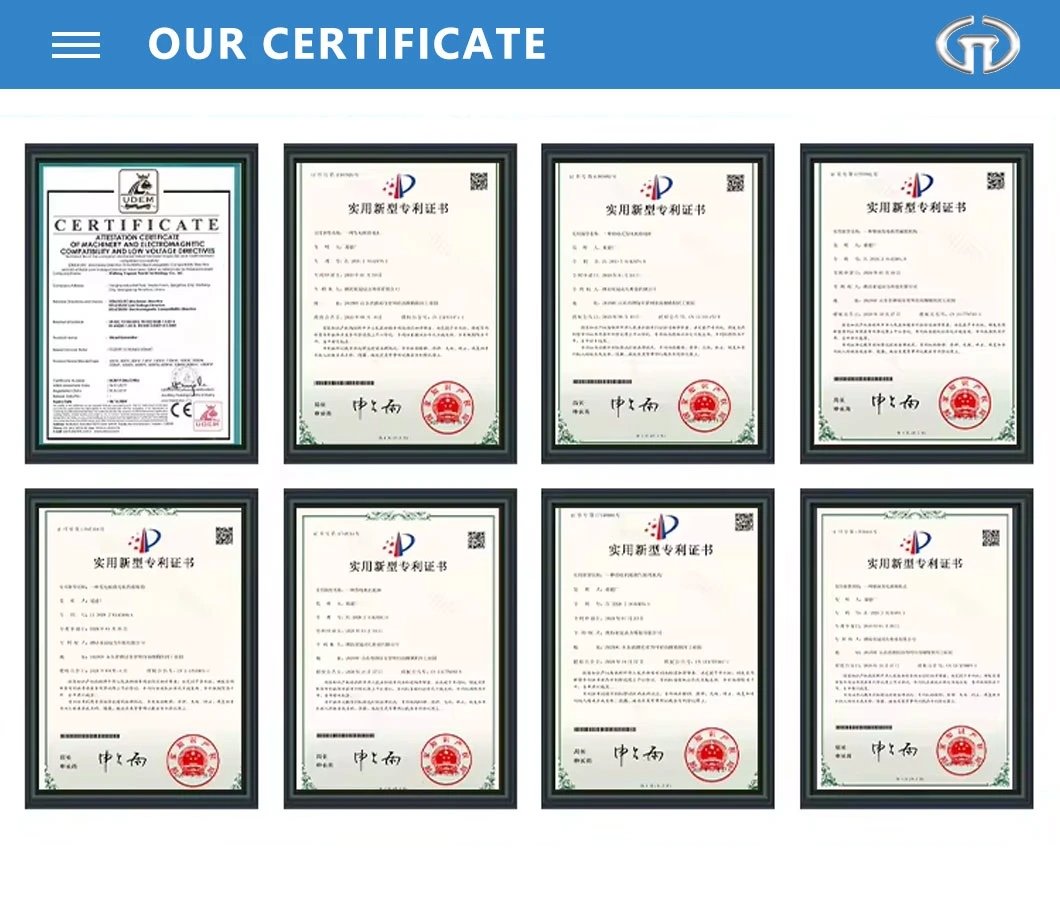Introduction
In today's world, reliable and high-quality power supply is essential for various sectors such as industrial, commercial, and residential. 500kw diesel generator for remote drilling operations like voltage fluctuations, frequency variations, and interruptions can result in downtime, equipment damage, and financial losses. To address these challenges, many organizations and individuals rely on diesel generators as a backup power source to ensure uninterrupted power supply and improve power quality.
Diesel generators have been a popular choice for decades due to their reliability, efficiency, and cost-effectiveness. They are widely used in various applications, including hospitals, data centers, telecommunications facilities, construction sites, and remote locations where grid power may be unreliable or unavailable. In this article, we will explore how diesel generators can be effectively utilized for power quality improvement.
Overview of Diesel Generators
Diesel generators are internal combustion engines that convert diesel fuel into mechanical energy, which is then converted into electrical energy through an alternator. These generators come in various sizes, ranging from small portable units for residential use to large industrial generators capable of powering entire facilities.
One of the key advantages of diesel generators is their fuel efficiency and reliability. Diesel fuel is more energy-dense than gasoline, resulting in higher fuel efficiency and lower operating costs. Diesel engines are also known for their durability and longevity, making them a reliable power source for long-term use.

Diesel generators can be used as either standalone units or as backup power sources in conjunction with the main grid supply. When grid power is interrupted or unavailable, the diesel generator automatically starts up and provides power to critical loads, ensuring continuity of operations and preventing downtime.
Power Quality Issues and Diesel Generators
Power quality refers to the reliability and consistency of the electrical power supply. Poor power quality can result in various issues such as voltage sags, swells, harmonics, and frequency variations, which can adversely affect sensitive electronic equipment and machinery. Diesel generators can help mitigate these power quality issues in the following ways:
1. Voltage Regulation: Diesel generators are equipped with automatic voltage regulators (AVRs) that maintain a stable output voltage within a specified range. This helps prevent voltage fluctuations and ensures that sensitive equipment receives a consistent and reliable power supply.
2. Frequency Stability: Diesel generators are designed to operate at a specific frequency, typically 50 Hz or 60 Hz, depending on the region. In the event of a grid power failure, the diesel generator can maintain the required frequency stability to prevent damage to connected equipment.
3. Transient Response: Diesel generators have fast transient response times, meaning they can quickly ramp up to full power output within seconds of a grid power failure. This rapid response time ensures seamless transition to backup power and minimizes disruption to critical operations.
4. Voltage Sag Compensation: Voltage sags, also known as dips, are short-term decreases in voltage levels that can affect equipment performance. Diesel generators can compensate for voltage sags by providing additional power to stabilize the voltage and prevent equipment damage.
5. Harmonic Distortion: Harmonics are undesirable electrical frequencies that can distort the waveform of the power supply. Diesel generators are capable of providing clean and stable power with low harmonic distortion, ensuring compatibility with sensitive electronic loads.
Applications of Diesel Generators for Power Quality Improvement
Diesel generators are versatile power sources that can be used in a wide range of applications to improve power quality and ensure uninterrupted operations. Some common applications include:
1. Hospitals: In healthcare facilities, reliable power supply is critical for patient care and medical equipment operation. Diesel generators are often used as backup power sources to maintain power quality and prevent disruptions in case of grid power failures.
2. Data Centers: Data centers house sensitive IT equipment that requires a clean and stable power supply to prevent data loss and downtime. Diesel generators are essential for providing backup power and improving power quality in data center environments.
3. Telecommunications Facilities: Telecommunications infrastructure relies on continuous power supply to ensure connectivity and communication services. Diesel generators play a vital role in maintaining power quality and reliability in telecom facilities.
4. Industrial Plants: Manufacturing plants and industrial facilities often have sensitive equipment that can be affected by power quality issues. Diesel generators are used to provide backup power and improve power quality to prevent production interruptions and equipment damage.
5. Remote Locations: In remote or off-grid locations where grid power is unreliable or unavailable, diesel generators are used to provide a reliable and continuous power supply. These generators help improve power quality and ensure operations run smoothly in remote environments.
Benefits of Using Diesel Generators for Power Quality Improvement
There are several benefits to using diesel generators for power quality improvement, including:
1. Reliability: Diesel generators are known for their reliability and durability, making them a dependable source of backup power in case of grid power failures.
2. Versatility: Diesel generators can be used in a wide range of applications and environments, making them versatile solutions for power quality improvement.
3. Cost-Effectiveness: Diesel fuel is widely available and cost-effective, making diesel generators a cost-efficient option for backup power and power quality improvement.
4. Quick Start-Up: Diesel generators have fast start-up times and can provide power within seconds of a grid power failure, ensuring minimal downtime and disruption.
5. Low Maintenance: Diesel generators require minimal maintenance compared to other power sources, reducing operational costs and ensuring long-term reliability.
Conclusion
Diesel generators are valuable tools for improving power quality and ensuring uninterrupted power supply in various applications and environments. With their reliability, efficiency, and versatility, diesel generators play a crucial role in mitigating power quality issues such as voltage fluctuations, frequency variations, and interruptions. By utilizing diesel generators as backup power sources, organizations and individuals can enhance power quality, protect sensitive equipment, and maintain operational continuity even in the face of grid power failures.
